Why Do You Always Lose When Trading?
With the year ending and 2026 just around the corner, here comes the golden question: are you profitable this year? If not, this article is a must-read!
简体中文
繁體中文
English
Pусский
日本語
ภาษาไทย
Tiếng Việt
Bahasa Indonesia
Español
हिन्दी
Filippiiniläinen
Français
Deutsch
Português
Türkçe
한국어
العربية
Abstract:Forex remains a very popular form of investment, but it can be hard to spot the scams online. Take a look at WikiFX’s tips to help you spot legitimate forex trading platforms and avoid getting scammed.
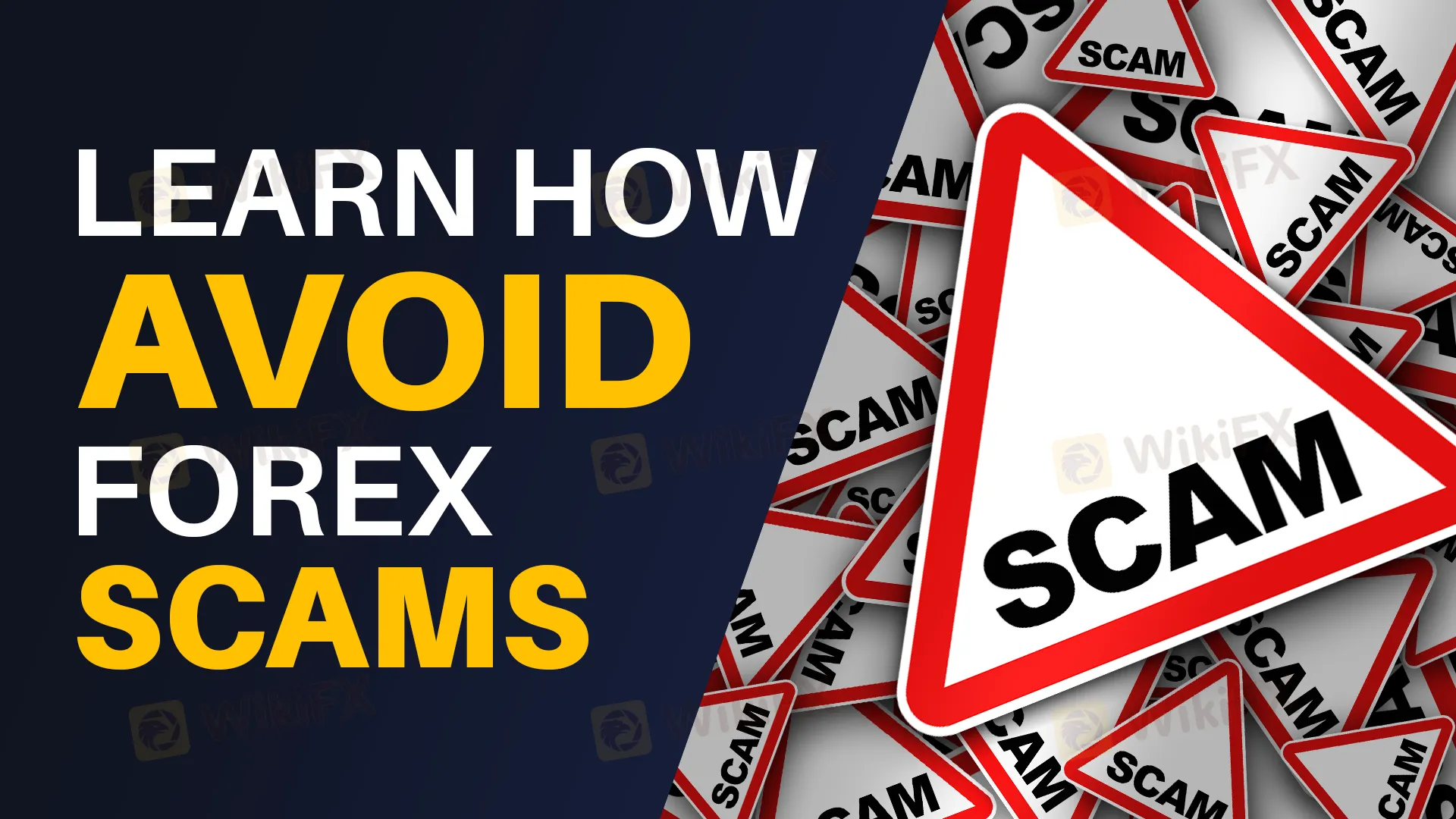
Foreign exchange fraud is a collective term referring to any scheme that intends to defraud traders through deception, convincing investors of high returns by trading on the forex market. In essence, the foreign exchange market is a zero-sum game, wherein one person experiences gains while another suffers from losses.
We all know by now that online investments are pretty risky. This is especially true in the foreign exchange landscape. There is an abundance of forex scams online, initiated by scammers who get their confidence from the Internets anonymity. Identifying a scam from a legitimate forex trading activity is imperative to protect yourself from financial ruin.
Aggressive forex brokers
Recovery from a forex scam can be arduous and slow for its victims. Before you become one, it is best to recognize the typical warning signs. Legitimate forex traders are not aggressive when marketing their expertise or service to prospective investors. On the other hand, if a few forex brokers or companies persistently contact you whom you do not know personally, it is best to proceed with caution. If you are interested in forex trading, seek references from people you know.
Exaggerated claims of high returns
A classic indicator of a forex fraudster is exaggerated claims of massive returns on modes investments. It is most likely a scam if you are promised guaranteed high returns. The success of your investment is highly dependent on a highly volatile market. You may receive returns quickly, or you may not. But a company that purports consistently high returns is giving you false claims because it is not feasible in the foreign exchange trading market.
High spread offers
The standard spread ranges between two to three points in USD/EUR. Be cautious when approached by a forex trader that offers up to seven points spreads. Bear in mind that major currency pairs have a price of four decimals.
Use of complicated jargon
Forex scammers take advantage of their knowledge of the forex exchange market by using complicated jargon when preying on their victims. Terms like risk disclosures and terms of use are often used to limit their liability should investors suffer losses along the way.
Withdrawal restrictions
If you are attempting to withdraw funds from your account and cannot do so, it might be time to start worrying about your investment. If a broker provides you with a vague explanation or unclear apology when this happens, you need to re-consider your investment, or better yet, pull out before losing more money.
Blacklisted broker
Avoid brokers who fail to provide you with the proper credentials at all costs. You want a trustworthy person to manage your account. Do due diligence and check out regulating bodies to verify if a forex broker has a good legal standing in the foreign exchange market.
Conclusion
As you try to find ways to earn extra money with forex trading, you may run into a forex scam. The best thing that you can do to avoid a forex scam is to educate yourself. The more you know, the less likely you are to be taken advantage of.
Its important to do your due diligence and research before engaging in the market. Learn more about the foreign exchange market, terminology, and the legitimate resources to assist you with trading. Consider setting up a demo trading account with a trusted broker to practice before putting actual money on the line.
As with any type of investing, take your time before you make decisions with your money. For example, you can use a global corporate financial information searching tool such as WikiFX, whose core function is to provide basic information searching, regulatory license searching, credit evaluation, platform identification and other services to the included foreign exchange trading companies.

Disclaimer:
The views in this article only represent the author's personal views, and do not constitute investment advice on this platform. This platform does not guarantee the accuracy, completeness and timeliness of the information in the article, and will not be liable for any loss caused by the use of or reliance on the information in the article.
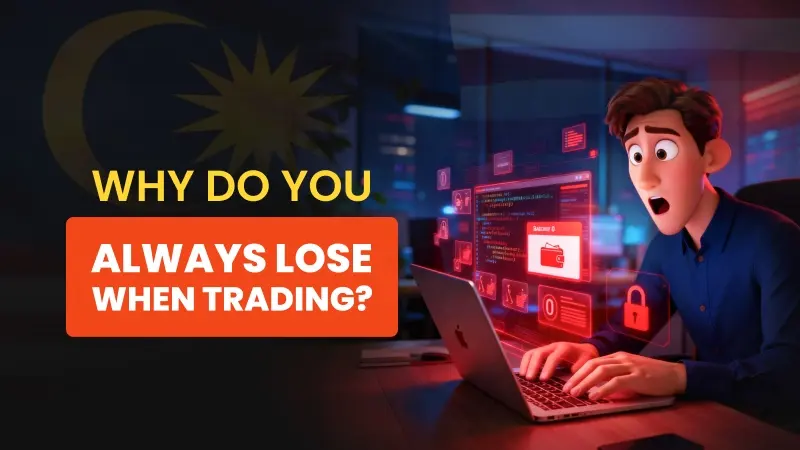
With the year ending and 2026 just around the corner, here comes the golden question: are you profitable this year? If not, this article is a must-read!
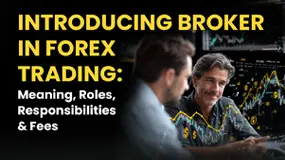
Acting as an intermediary between traders and brokerage firms, Introducing Brokers (IBs) can be both a company and an individual. They do not have a role in trade execution or account management. Their role is to offer advice and let clients open trading accounts and trade on the platform. In this article, we have discussed the meaning of the term 'introducing broker,' its role, payment structure, and other related aspects. Read on!
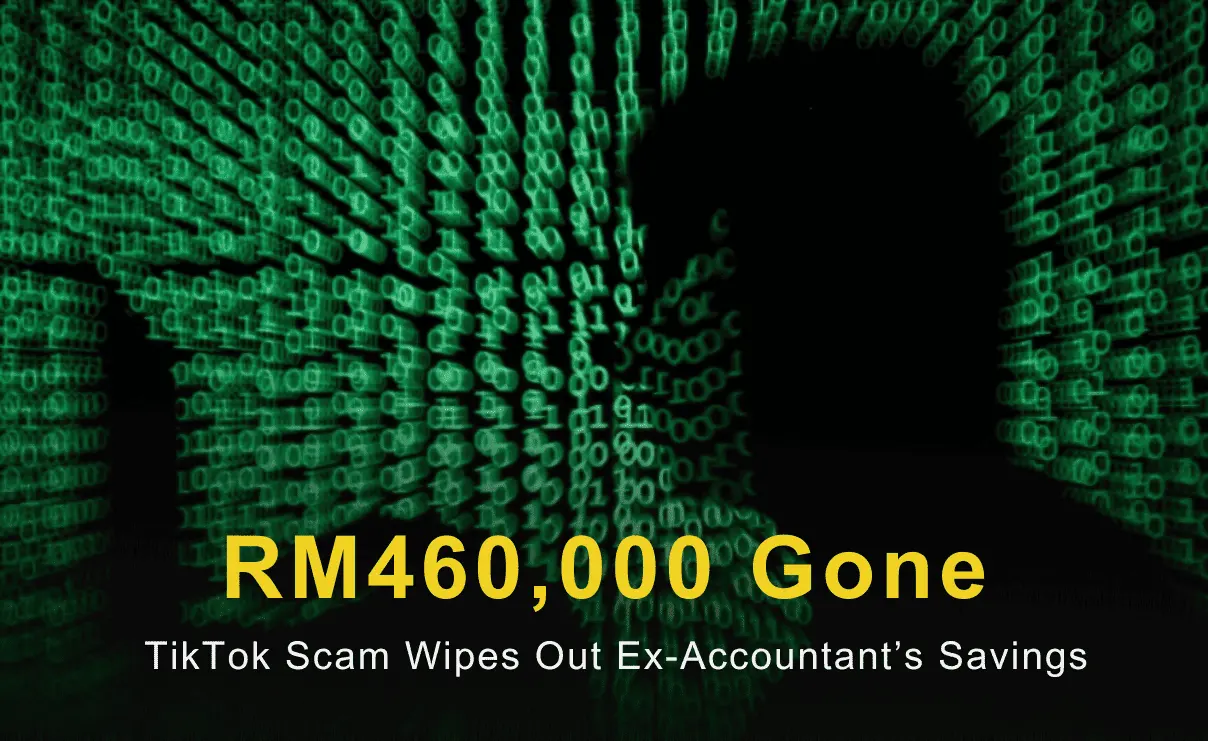
A 61-year-old former accountant in Johor lost RM469,875 after responding to a TikTok ad for Bursa Malaysia “investments,” communicating via WhatsApp, joining a chat group, and making 13 transfers to multiple company accounts. Scammers lured him with promises of 7%–15% returns and an initial “profit” payout of RM14,763 before pressing for more deposits
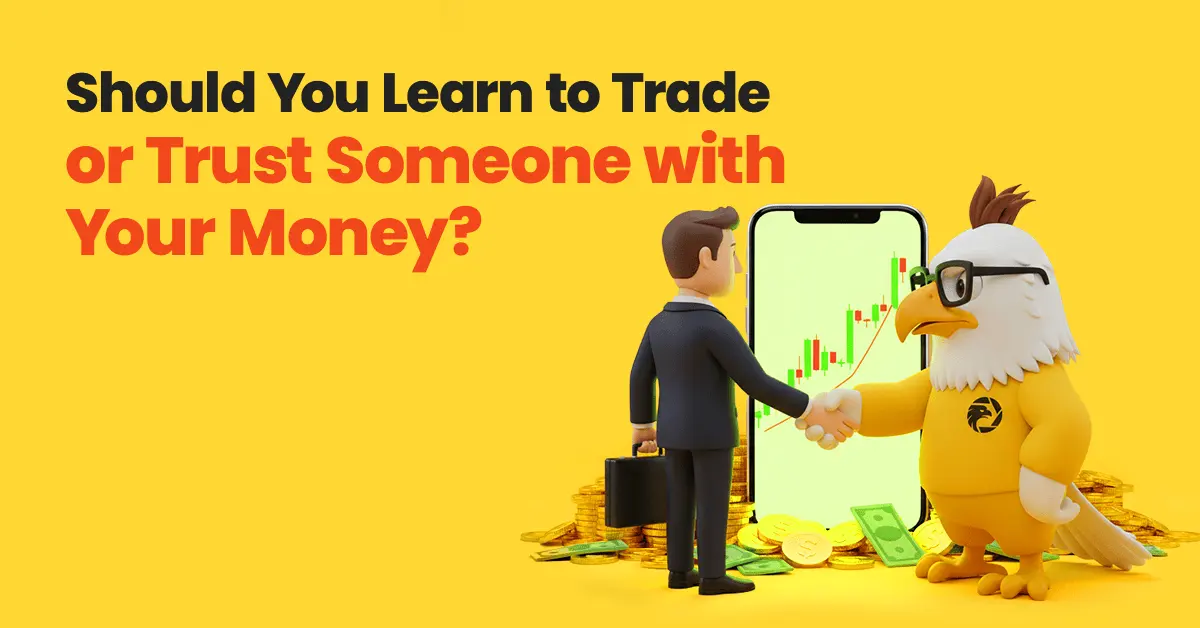
Should Malaysians develop their own trading skills or entrust their capital to professionals? Understanding the real risks behind both choices is essential to protecting your financial future!
